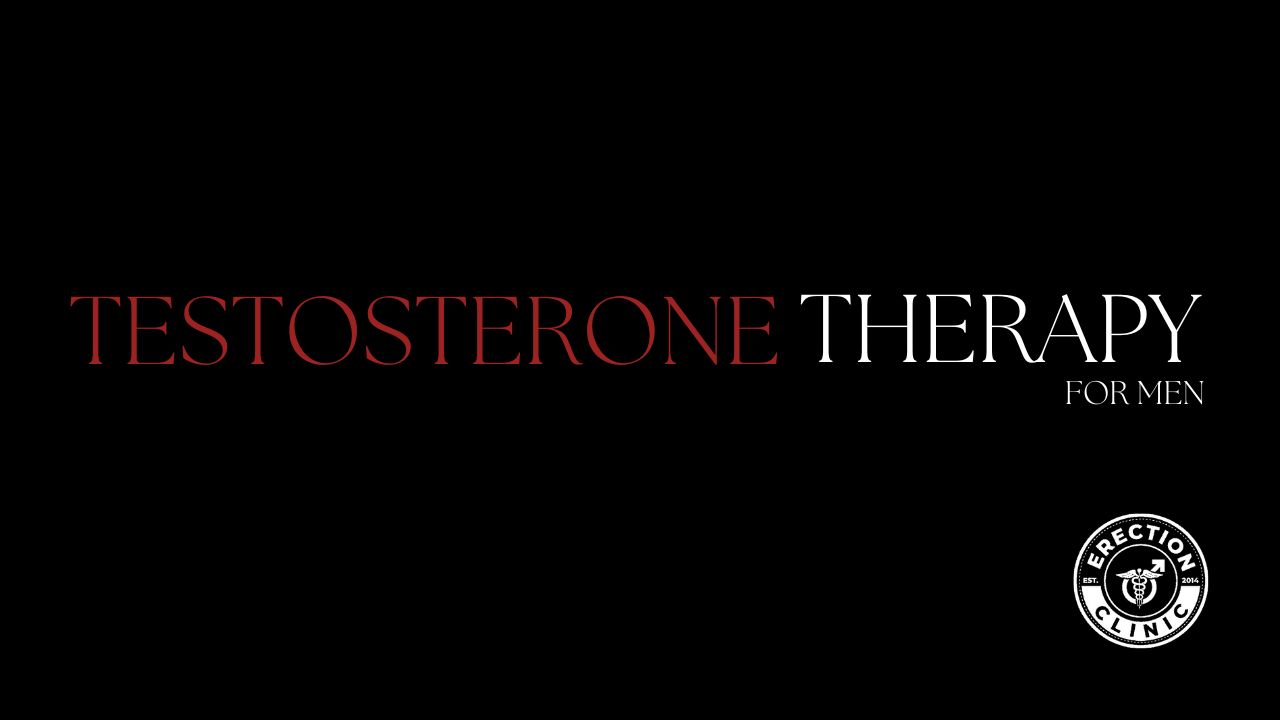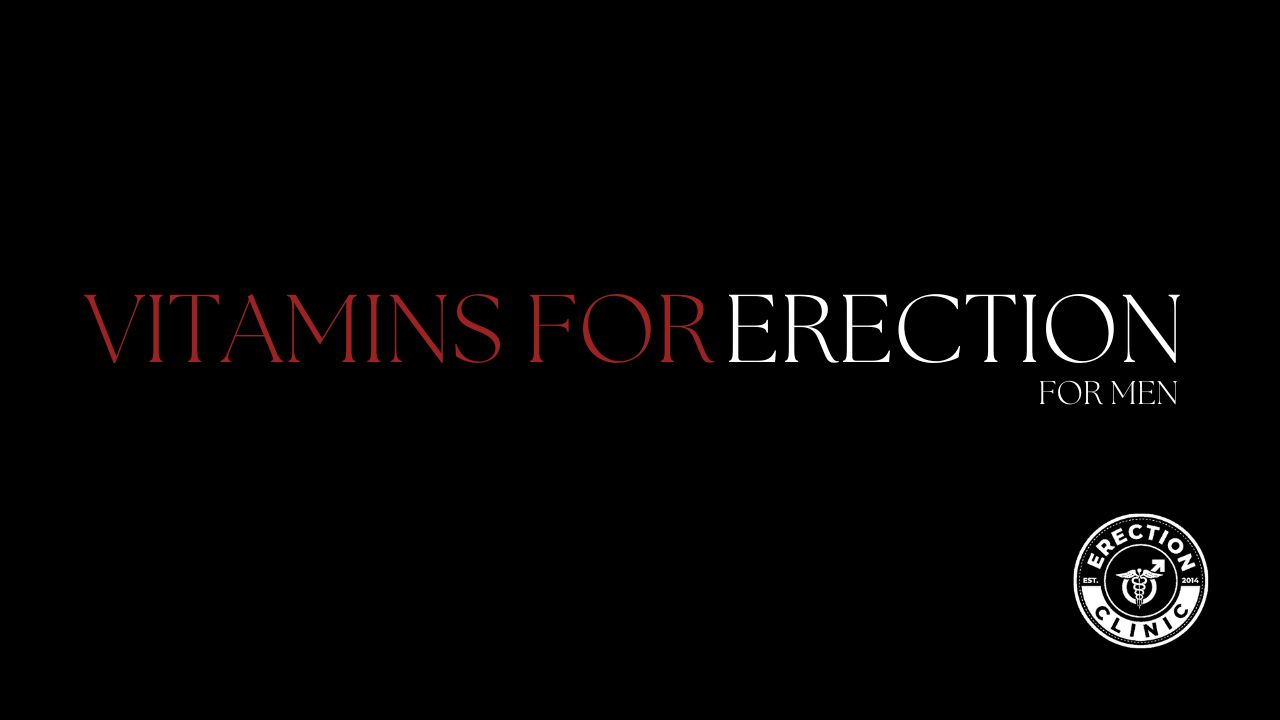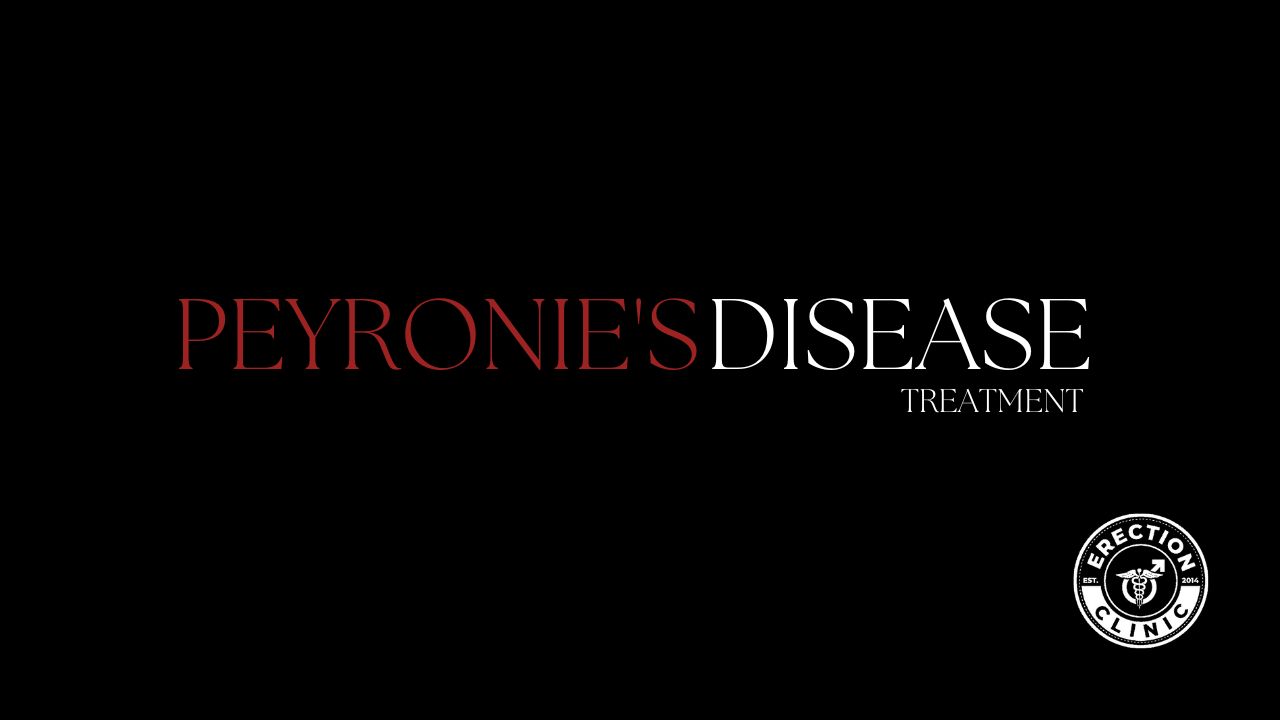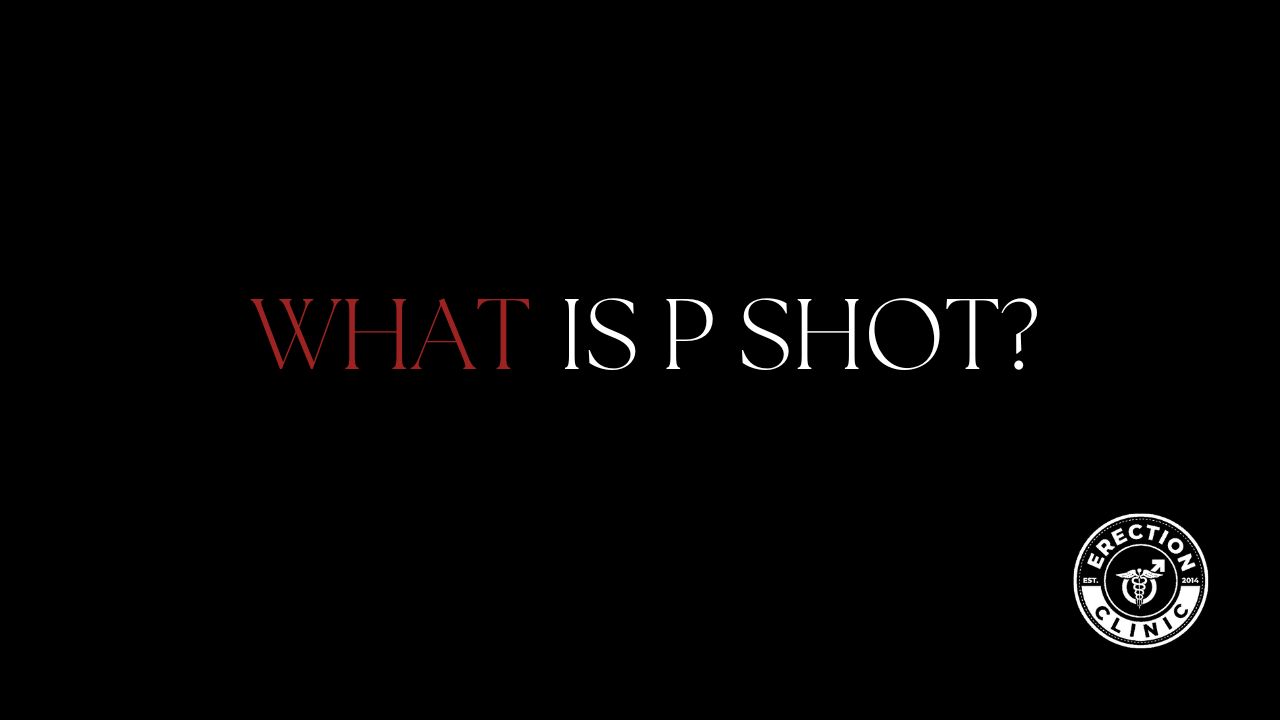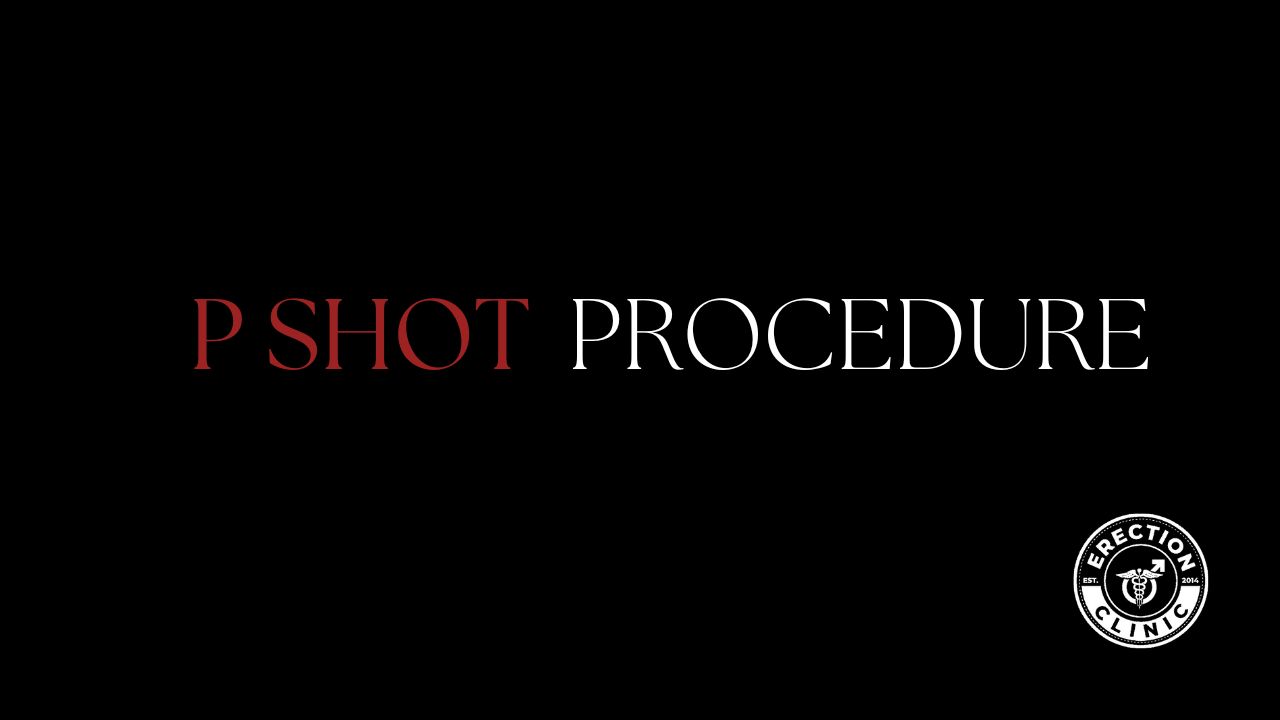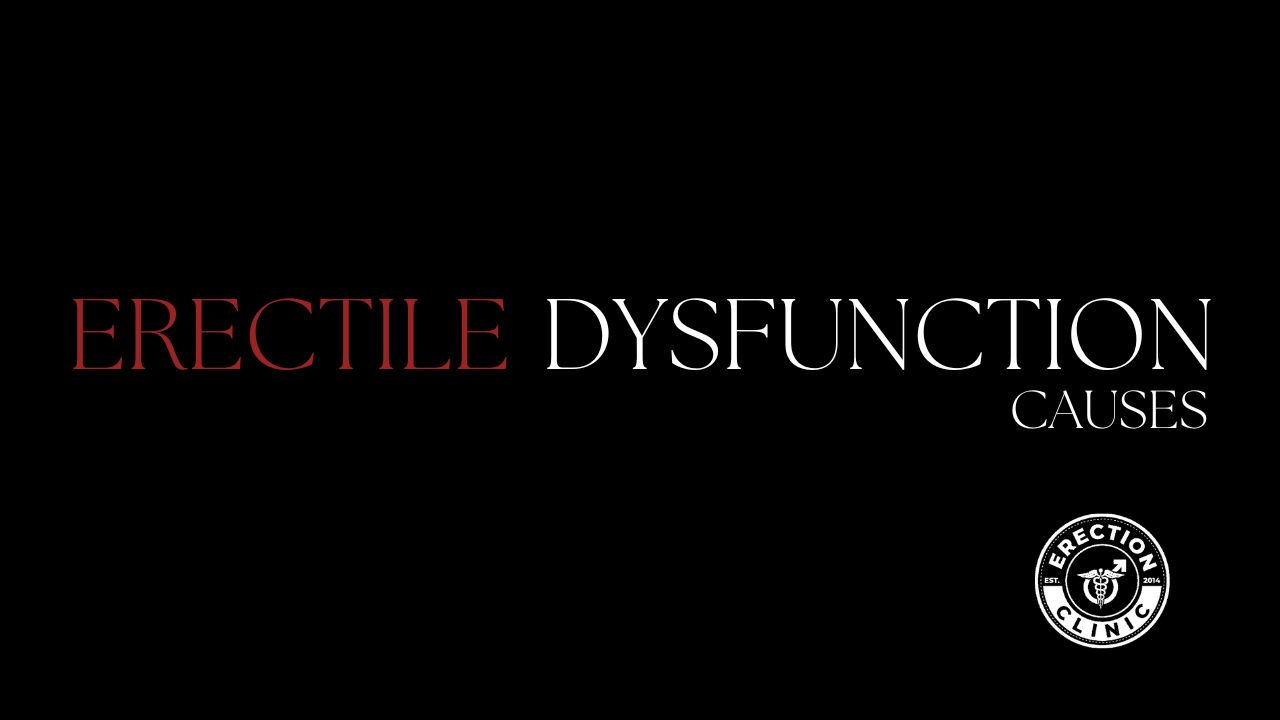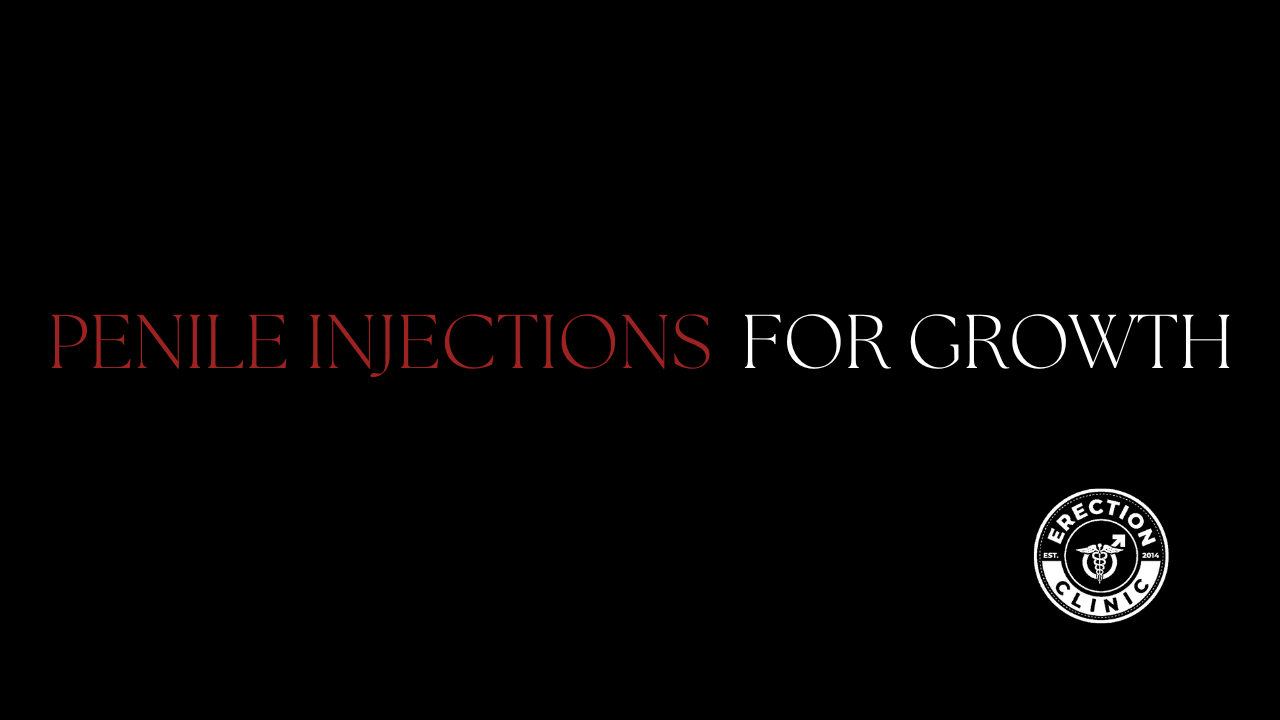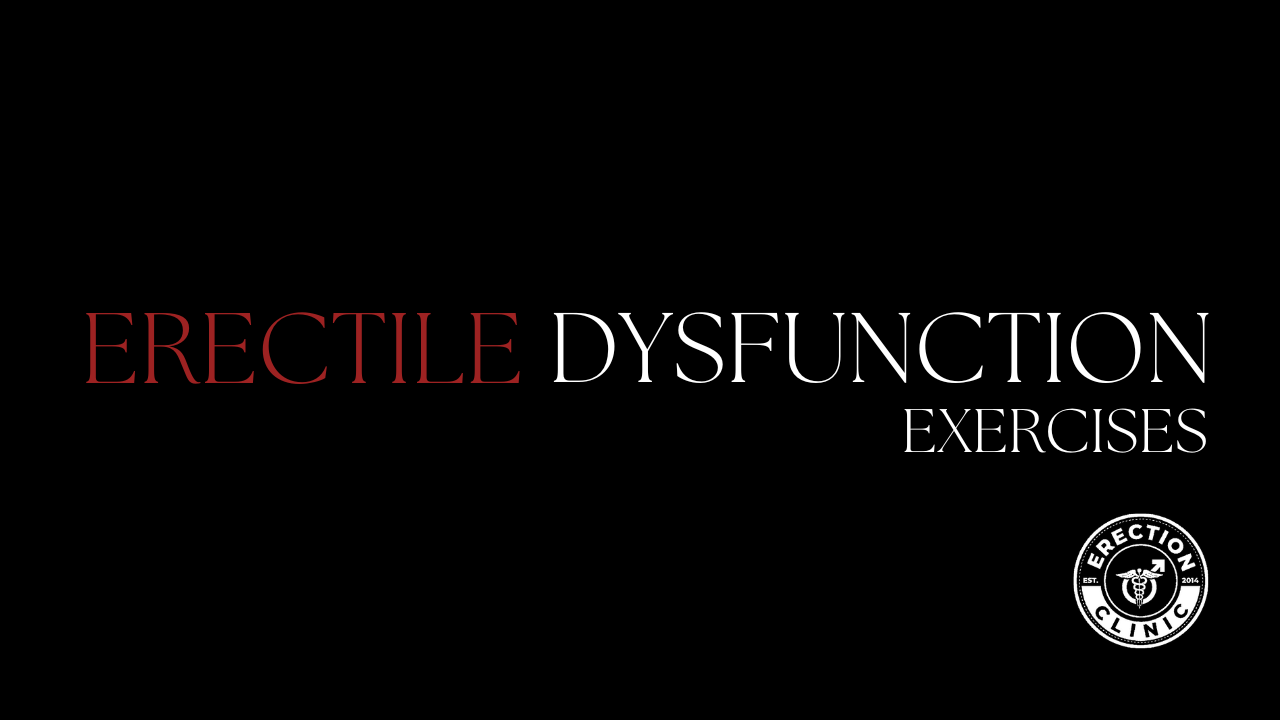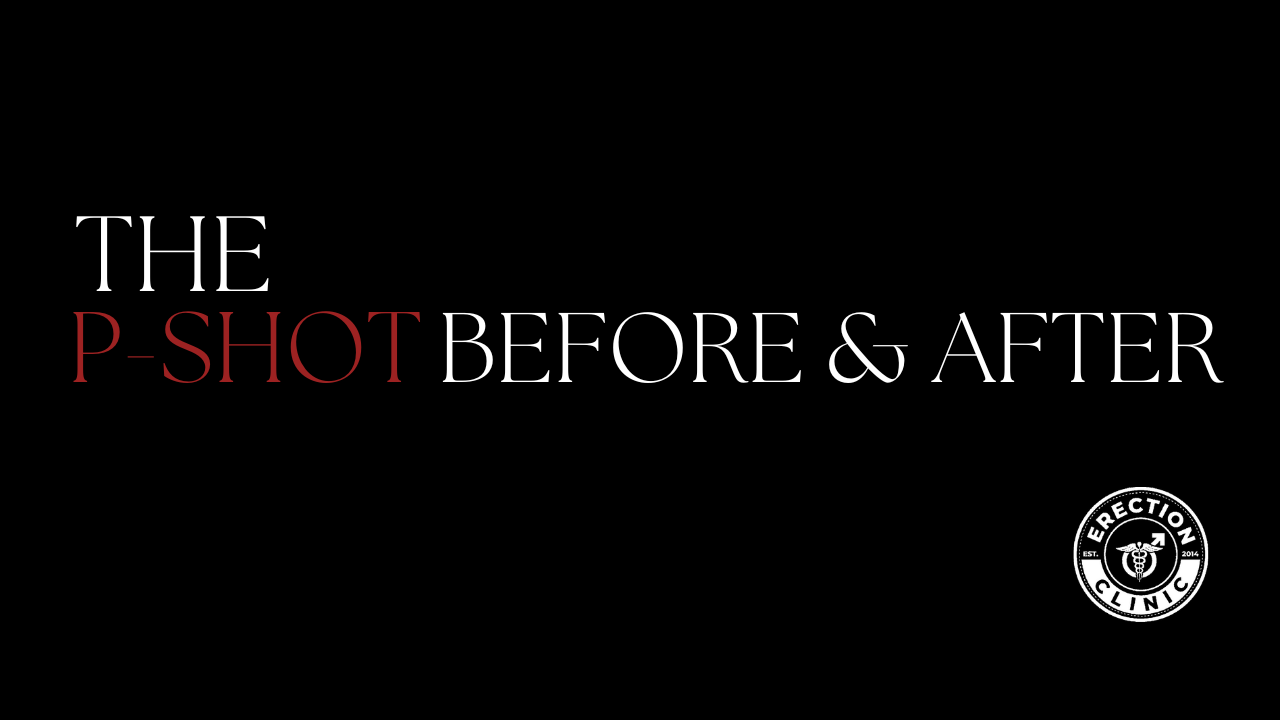Testosterone therapy for men is becoming a common treatment. Testosterone often is considered a male hormone that goes far beyond just influencing physical features like muscle mass and body hair, however that Its role extends into that of critical functions for our bodies. It is critical that man has energy to support life and heart health. In this blog we are going to examine what is testosterone therapy for men. why it’s important to men’s health and ways you can ensure your testosterone levels never drop in all your years on this planet.
What Is Testosterone?
Although it is a common misconception that testosterone is a male sex hormone, it is actually a steroid hormone made primarily in the testes in men, and also in small quantities by the adrenal glands. It is best known for supporting development of male secondary sexual characteristics like facial hair and Adam’s apple
What is Testosterone Therapy?
Testosterone therapy for men is a method to increase the body’s natural testosterone level by supplementing it with synthetic testosterone. It is mainly prescribed for men who have been diagnosed as having low testosterone (low T) by blood tests and symptoms. The aim of TRT is to restore testosterone levels in men to values considered normal, helping them regain physical and mental well-being.
Various forms of testosterone therapy for men are available, including:
- Testosterone is injected into a muscle, typically every 1-2 weeks.
- The testosterone is absorbed into the skin from topical gels and creams applied directly onto it.
- Similar to topical gels, testosterone patches worn on the skin dispense a constant supply.
- These small pellets implanted under the skin slowly release testosterone over time.
- Less common, but some men take testosterone pills.
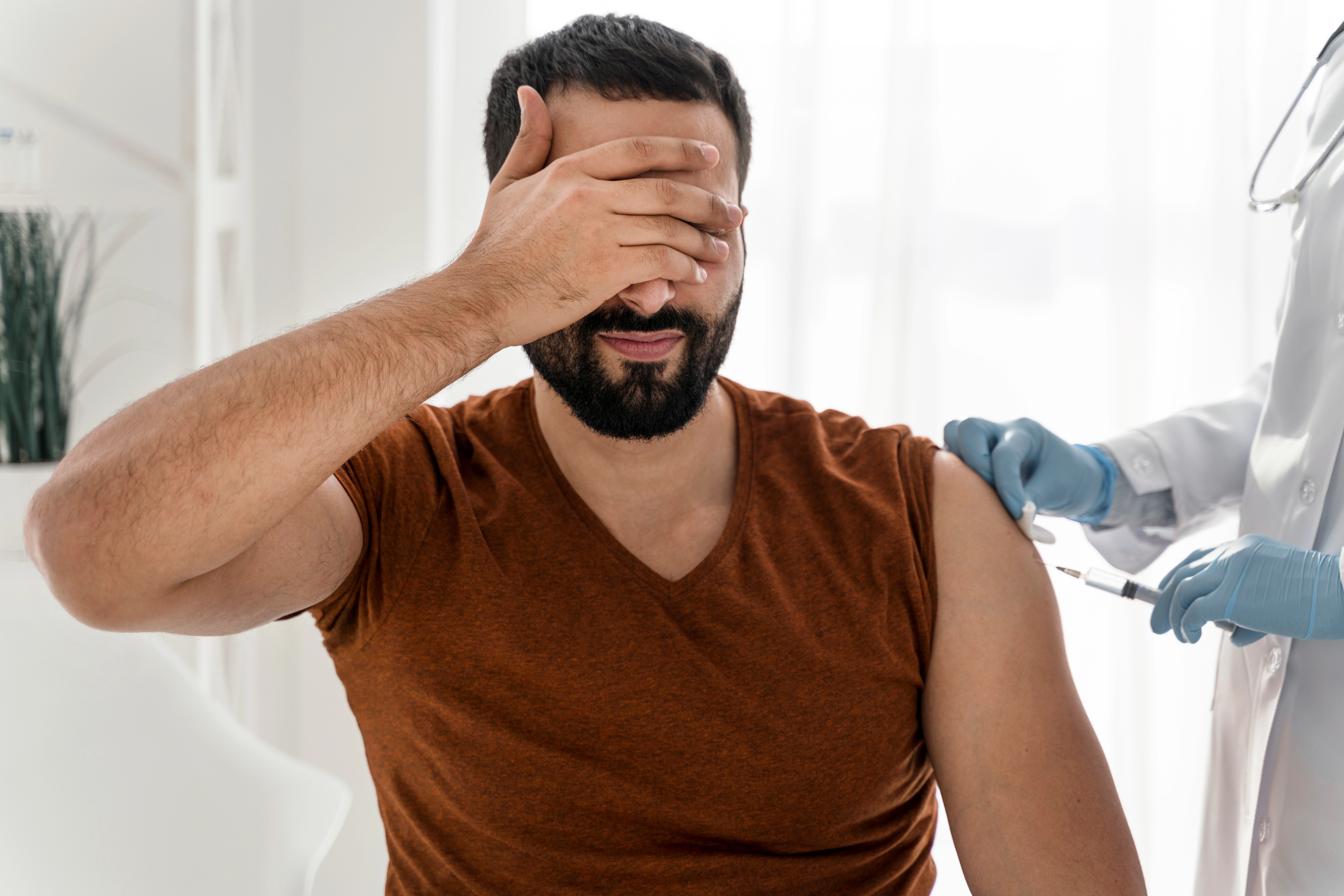
Benefits of Testosterone Therapy:
There are several ways in which testosterone therapy for men may be of benefit.
- Many men report feeling more lively and less tired after they start taking testosterone therapy.
- TRT can help to relieve the symptoms of a depressed or anxious frame of mind. It tends to promote an easier feeling.
- Without question, one of the most obvious effects of introducing testosterone therapy for men is an improvement in sexual excitement and performance.
- Testosterone plays a vital role in building muscles, and treatment can help restore muscle mass and strength, especially in aging men.
- By promoting a higher proportion of strong, dense bones, testosterone therapy may help reduce the risk of osteoporosis.
- Several studies show that men with higher levels of testosterone have better memory, mental function, and concentration than those lower in the hormone does.
Potential Risks and Side Effects:
While testosterone therapy for men can offer many benefits, it is not without risks. Some potential side effects include:
- Increased Red Blood Cell Count
- Sleep Apnea
- Prostate Health
- Infertility
- Skin Reactions
Key Considerations Before Starting Testosterone Therapy For Men:
- Testosterone therapy for men is usually more effective for men who are in their forties or older. But it’s important to determine overall health before starting the treatment.
- A healthy diet, exercise regularly, and sleep well are all things that can increase the amount of testosterone in your body. Therapy is only one piece of an overall strategy for health improvement.
- Men with certain medical conditions (e.g. prostate cancer, breast cancer, or severe heart disease) may not be candidates for testosterone therapy.
Causes Of Low Testosterone In Men?
Low testosterone in men can be caused by several factors, including:
- Testosterone naturally declines with age, starting at about 25 years old.
- Men who have certain medical conditions such as obesity, diabetes or sleep apnea are more likely to suffer from this syndrome. Also men with high blood pressure and chronic illness are candidates for such symptoms.
- Injury, infections and conditions like varicocele can affect testosterone production.
- Problems with the pituitary gland can disrupt testosterone regulation.
- Taking opioids, corticoids and treatments for cancer can lower testosterone.
- Conditions like Klinefelter syndrome can cause low testosterone.
- Poor diet, lack of exercise and excessive alcohol or drug use can contribute to low testosterone.
- Exposure to certain chemicals (such as Bpa) can disrupt hormone balance.
Diagnosis Of Low Testosterone In Men:
- Symptom assessment like fatigue, sexual desire reduction, erectile dysfunction & mood changes.
- A blood assay of total testosterone and free testosterone is usually carried out in the morning. This may make blood testosterone levels confirm low testosterone.
- A second test can confirm the first finding.
- Other assays like Hormones such as LH, FSH and prolactin may also be tested to find out the cause.
- The physical examination conducted by the doctor may include a search for secondary sexual characteristics such as shrunken testicles and breasts after puberty.
Ways To Maintain Healthy Testosterone Levels:
- The exercise method need not be complex or over-technical, and it should be sustained until the end of activity each day. Consistency in physical activity endorses hormone balance (thus facilitating muscle health).
- High-Fibre diet is most favorable in building a healthy body. Foods high in zinc and vitamin D are important for testosterone production, particularly mature men who consume dairy products to which these are added. Avoid tobacco Also, because it affects sexual and endocrine function-chart.
- The likes of yoga may be helpful for reducing cortisol (the stress hormone), and learning how to control it is part of ending the male menopause.
- You need to sleep for around 7-9 hours each night. Testosterone is produced during the deep sleep phase of your daily cycle, so deep rest is necessary.
- Excessive drinking or drug use are all outside influences that can interfere with one’s general health and the body’s hormone systems.
What Does Testosterone Do?
The functions of testosterone in men are:
Testosterone’s main function is as a man’s primary sex hormone, but it also plays an important role in various bodily functions of both men and women:
For Men:
- Develops male characteristics during puberty, testosterone causes the growth of facial hair, a deep voice, and muscle mass.
- Testosterone regulates libido the level of interest in sex and how well you perform are directly related to testosterone levels in your body, a fact that is largely known by everyone over 19 years old (even if they deny it ).
- It helps build muscle mass, strength and bone density.
- Affects Mood and Energy.
- Stimulates red blood cell production (erythropoiesis).
- Necessary for sperm production and fertility.
For Women:
- At lower levels helps maintain muscle strength and bone density.
- A contribution may be made to sexual desire or arousal if testosterone levels are stable and concentration of energy maintained appropriately.
How Common Testosterone Therapy For Men? And Why Are So Many Of Them Employing It?
Testosterone therapy for men in the US is becoming more common, particularly among older men with estimates that as many as 1-2 million males are using it. About 2-4% of men have abnormally low levels of testosterone (hypogonadism).
Who Is a Candidate for Testosterone Therapy For Men?What Is Considered Low Testosterone?
As a result of age, health or factors of the individual body, the testosterone in men at some point is different.
- Normal Testosterone Levels: For most adult men, normal levels are typically between 300 and 1000 ng/dL of blood. The usual unit is often written as ng/dL.
- Low Testosterone: A level below 300 ng/dL is generally considered low and may require further evaluation and treatment with testosterone if symptoms are present.
Testosterone therapy for men is generally intended for men who have low levels of testosterone (determined by blood tests, usually in the morning when their levels are highest).
Before starting testosterone therapy, it is important for a healthcare professional such as a urologist or endocrinologist to thoroughly evaluate and exclude other causes.
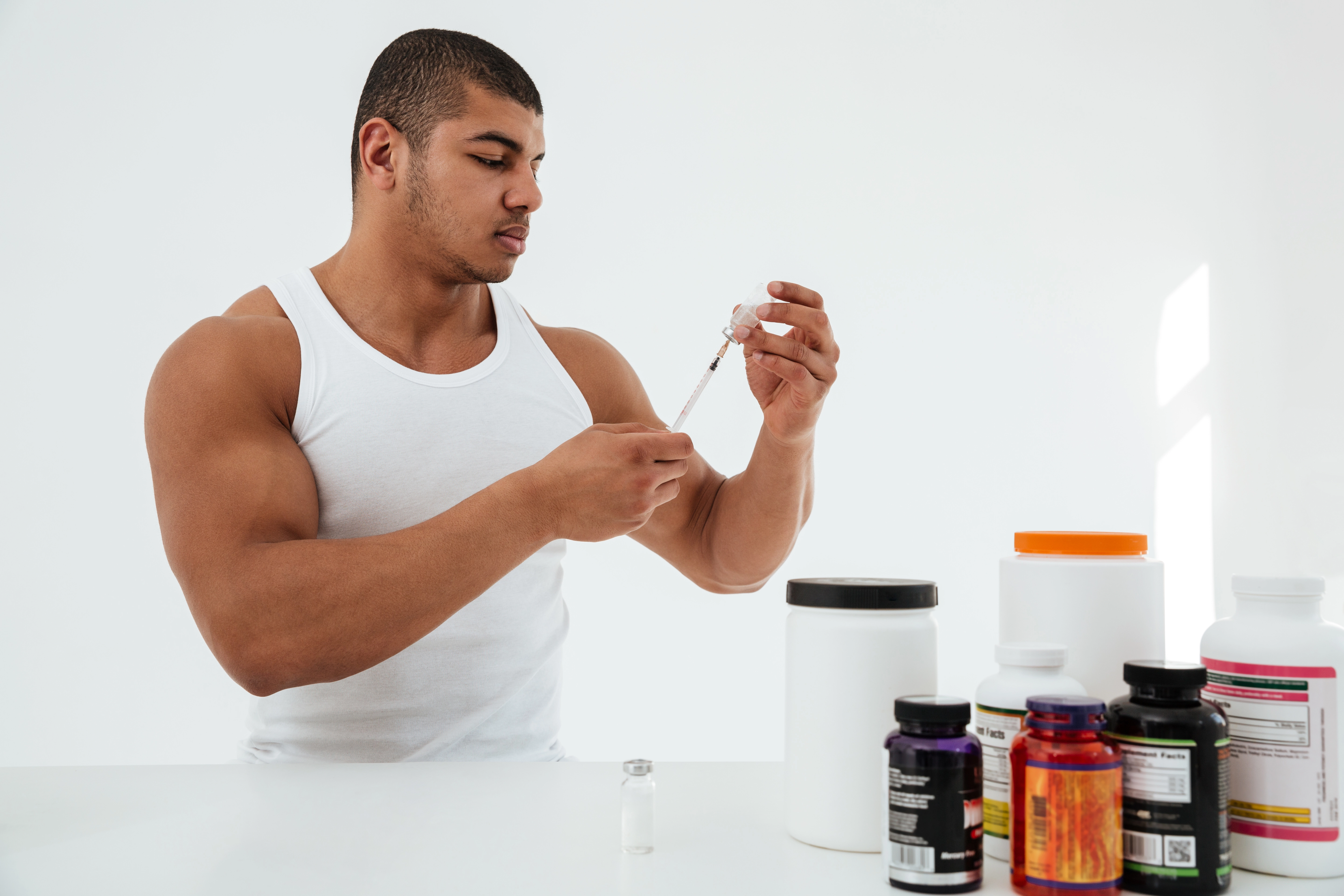
Additional Information
What actually is P-Shot?
The P-Shot known by the elegant name of Priapus- Shot injects platelet-rich plasma (PRP) into men’s penis, then top performance becomes more possible again. This PRP comes from the patient’s own blood, which is drawn, processed to concentrate the platelets, and then reinjected into various regions of penile tissue.
What is erectile dysfunction?
The incapacity to obtain or keep a penile erection for sexual activity defines ED. Erectile dysfunction is more common as men get older, (ED) is a general problem in men of all ages. Though intermittent difficulty in getting or maintaining an erection is usual, constant ED could be a signal of health issues. A urologist particularly identifies the root reasons of ED and provides ED treatment options according to your physical condition.
Bottom line
It is necessary to maintain testosterone levels for men’s health. With increasing years testosterone therapy for men is common. Testosterone therapy for men can be a life-changing treatment for men suffering from low testosterone, offering a chance to regain energy.
Testosterone levels start to go in the wrong direction, make some necessary lifestyle changes such as exercise, diet, stress management, and improved sleep. So you’ll keep looking younger.
